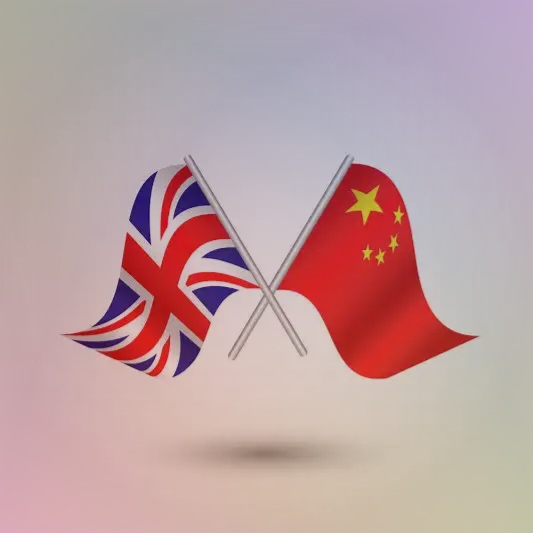In a world that is becoming increasingly interconnected, the role of art in cultural diplomacy cannot be underestimated. Nigeria, with its rich cultural and diverse heritage, has a unique opportunity to leverage the power of art to address challenges and strengthen its international relations. Drawing inspiration from successful global examples such as the UK and China, the US and Cuba, and initiatives like the Goethe-Institut, Nigeria can harness the potential of art to foster understanding, build bridges, and consolidate its global partnerships.
The Power of Art in Cultural Diplomacy
Art serves as a cultural ambassador, providing a window into a nation's culture and heritage. It enables people from different backgrounds to gain insight into a country's identity, values, and traditions. For Nigeria, a country with over 250 ethnic groups, art can be a powerful tool to showcase its diversity and unity simultaneously.
Practical Examples:
UK and China Cultural Exchange (2019)
In 2019, the British Council initiated a cultural exchange program between the UK and China. This program featured a series of art exhibitions, performances, and workshops. Through these cultural interactions, artists and audiences from both countries came together, fostering cross-cultural understanding. Nigeria could adopt a similar approach by partnering with nations to showcase its art, music, and literature on a global stage.
US and Cuba Joint Art Exhibition (2017)
In 2017, the United States and Cuba held a joint art exhibition in Havana. This event featured the works of artists from both countries and played a crucial role in promoting dialogue and understanding. Nigeria could explore art collaborations with neighboring countries and nations with shared historical ties to facilitate diplomatic discussions.
Goethe-Institut's "Culture@Home" Initiative (2020)
In 2020, the Goethe-Institut launched the "Culture@Home" initiative, providing global access to German culture and the arts through digital platforms. Nigeria can establish similar digital cultural diplomacy initiatives to showcase its vibrant arts and creativity, making its cultural wealth accessible worldwide.
The 21st Century Paradigm
Art's role in cultural diplomacy has grown significantly in the 21st century. Factors like globalization, increased international travel, diverse populations, the creative economy, and digital technologies have amplified art's impact. For Nigeria, embracing this paradigm shift can lead to more robust international relations.
Conclusion
Art is not just a form of expression; it is a potent tool for cultural diplomacy.
As Nigeria faces various domestic and international challenges, including economic diversification and security concerns, harnessing its rich artistic traditions can be instrumental in building bridges with other nations. By following the examples set by the UK, China, the US, Cuba, and institutions like the Goethe-Institut, Nigeria can consolidate its international relations, promote mutual understanding, and contribute to a more peaceful and interconnected world.
-Abraham Ikongshul




Comments
Post a Comment